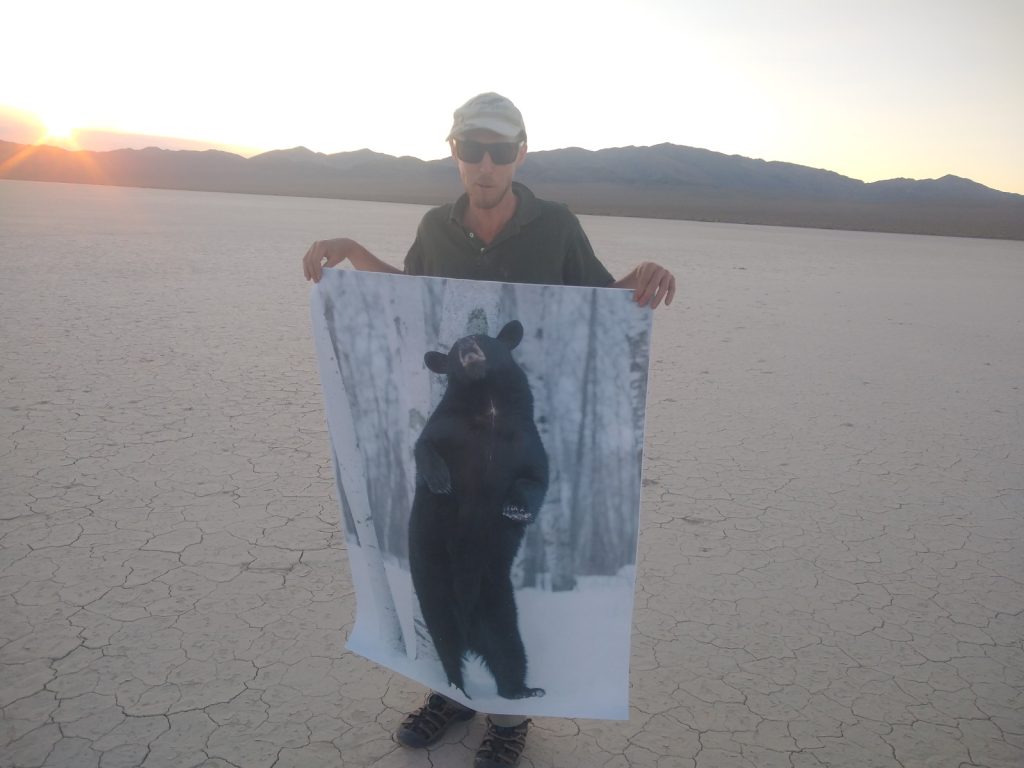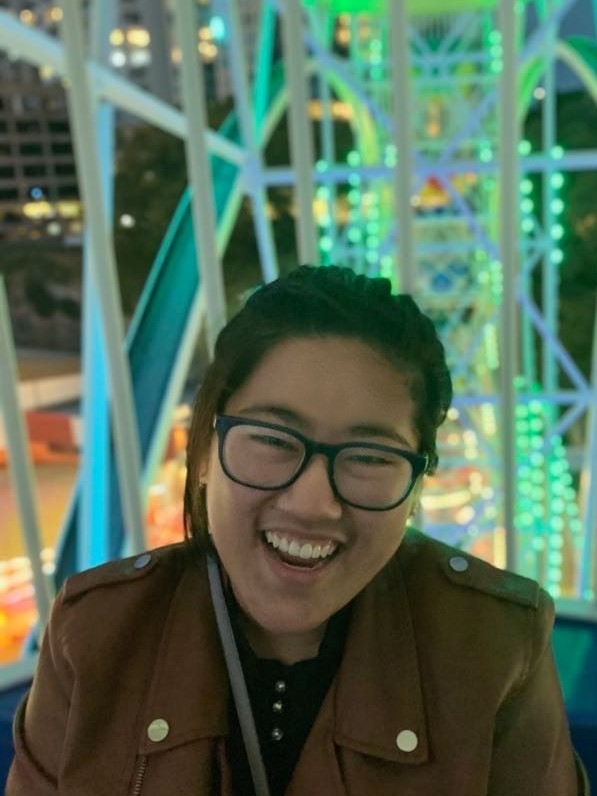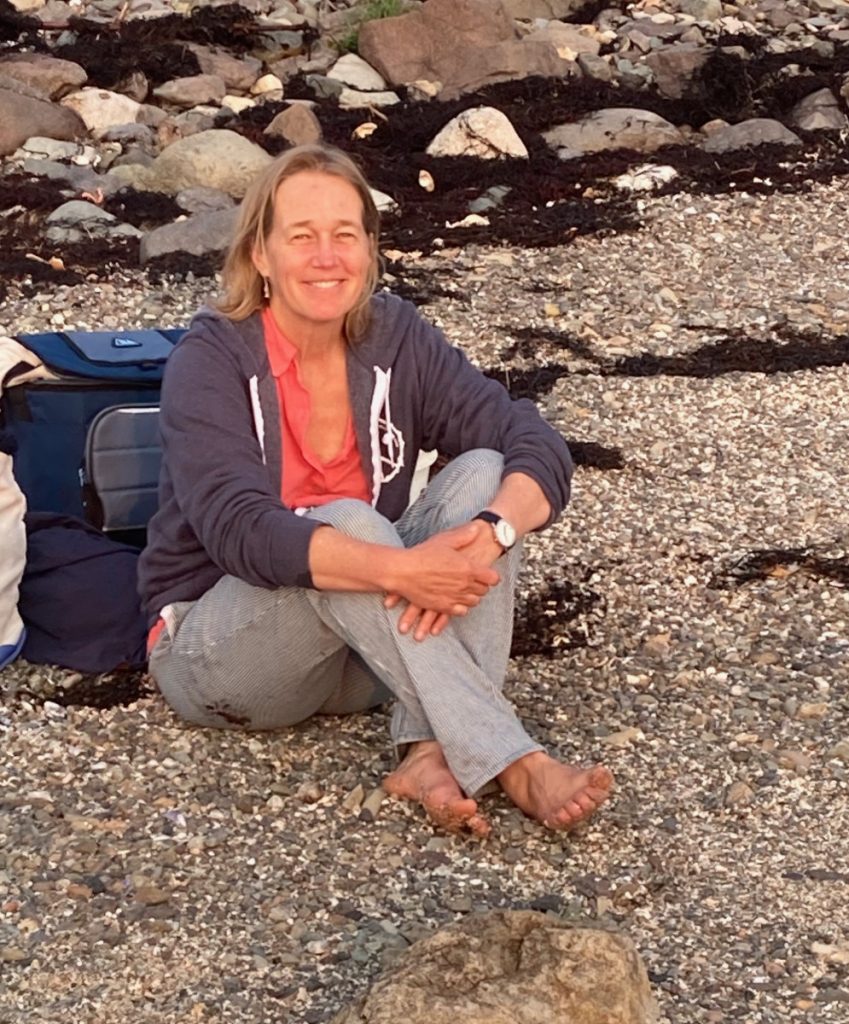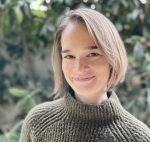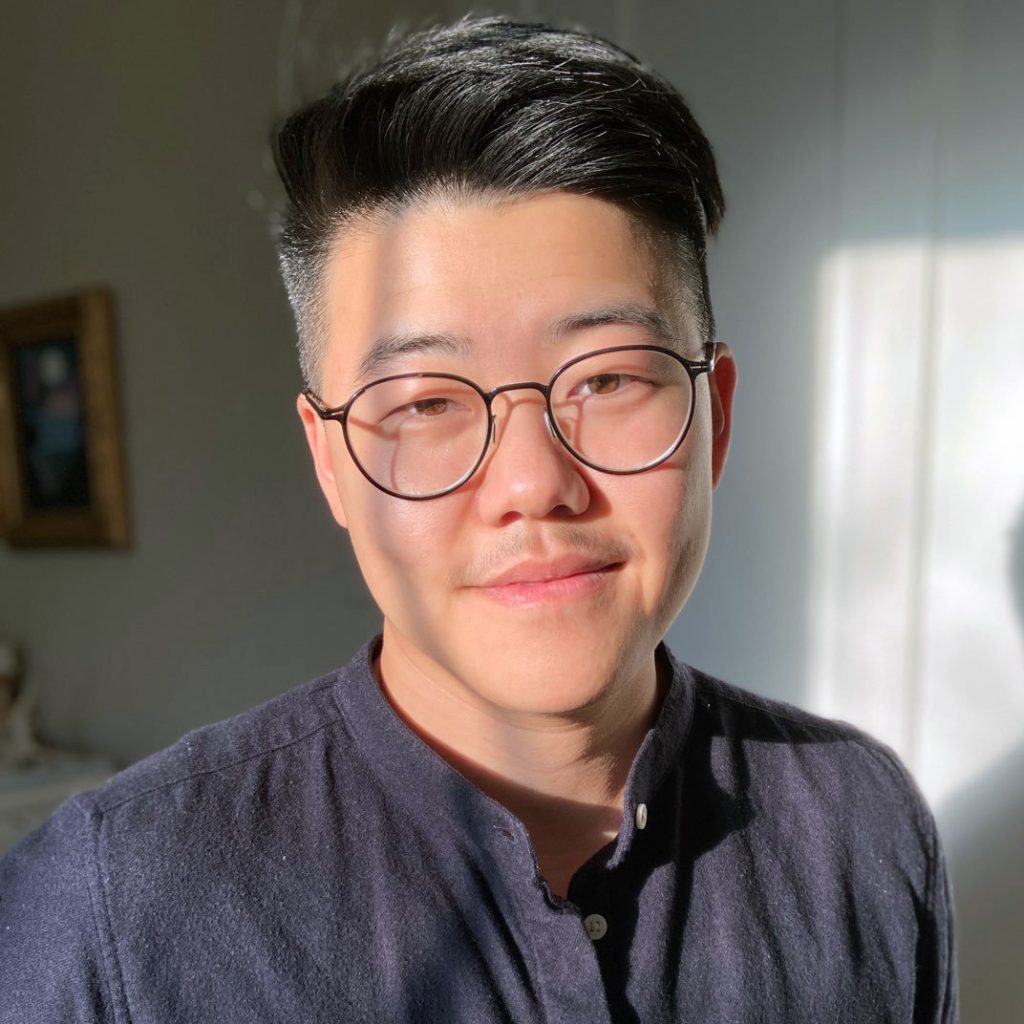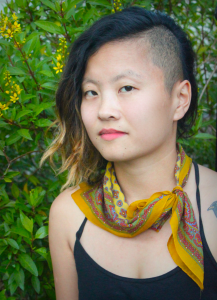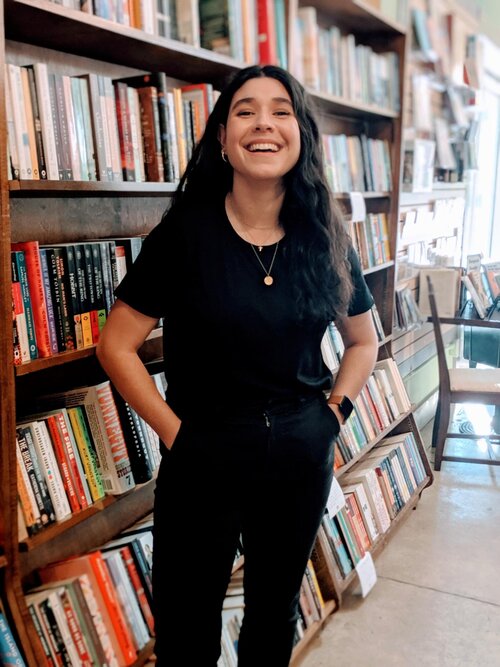
New England Review is delighted to announce that Leslie Sainz has joined our staff today, December 7, as managing editor!
Leslie is an experienced editor and audience-builder for contemporary literature, as well as an award-winning poet. She comes to Middlebury from Miami, Florida, where she recently served as program coordinator of the Miami Book Fair.
She says, “I’m profoundly honored to be joining the team at NER, a journal that consistently publishes some of the strongest, most ambitious, and thought-provoking writing of our time. I share NER‘s commitment to publishing writers at every stage of their careers—and to supporting their authors long after publication—and look forward to furthering this mission in my role as managing editor.”
In addition to her work as program coordinator for the Miami Book Fair, Leslie has held roles in outreach and acquisition at Hub City Press and Bull City Press. While she was a fellow at the Stadler Center for Poetry & Literary Arts at Bucknell University, she served as an associate editor for West Branch, and prior to that was editor-in-chief of Devil’s Lake, the graduate-run literary journal at the University of Wisconsin–Madison, where she earned her MFA.
Leslie Sainz is a first generation Cuban-American, born and raised in Miami, Florida. She is the recipient of a 2021 National Endowment for the Arts Poetry Fellowship and a two-time National Poetry Series finalist. She has received scholarships, fellowships, and honors from CantoMundo, the Miami Writers Institute, the Adroit Journal, and the Stadler Center for Poetry & Literary Arts at Bucknell University, and her work has appeared in Kenyon Review Online, AGNI, jubilat, Narrative, Black Warrior Review, and others. Coincidentally, last spring two of her poems, “Propaganda Ghazal” and “Self-Determination Theory,” were selected for publication in the winter issue of NER, due out later this month.
“We are thrilled to welcome Leslie to New England Review and to Middlebury,” says editor Carolyn Kuebler. “Her energy and experience will be an enormous asset to all things NER, from production and publicity, to building the NER community, to mentoring our student interns.”
